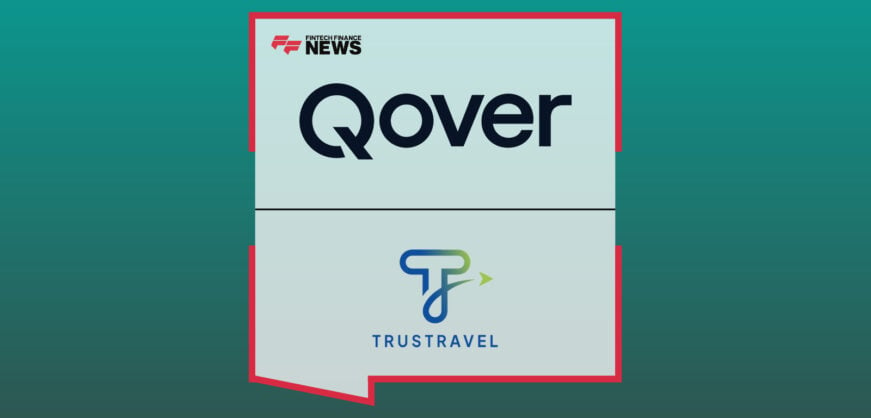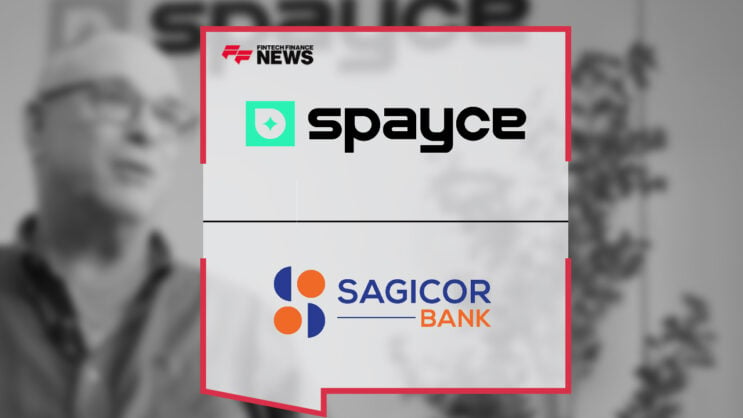Breaking News

What do banks look for in a successful fintech partnership?
Written by Jurgen Hutter, Head of Strategy & Commercial Development for AvantCredit
So what’s all the fuss about banks and fintechs, and talk about game changing partnerships?
In fact it’s more than simply talk. There has been significant traction for fintech over the last few years. HM Treasury estimates that fintech revenue last year stood at GBP6.5billion, and the industry continues to grow. The question is – how do you accelerate the benefits of fintech and bring them to a broader market.
There are several recent instances of banks and financial institutions engaging with fintechs in different ways. Barclays have an accelerator full of them, a dozen new ones each year, hand selected on the basis of which cog in the Barclays machine they could replace, improve, or otherwise enhance the performance of. HSBC & Santander have also set up multi-million pound fintech funds. And only last month Avant in the US announced a significant ‘Powered by Avant’ partnership with Regions Bank to offer a streamlined online consumer loan application and underwriting experience for Regions Bank customers.
And it’s not just banks that are investing in fintech; professional services company Accenture, has created its very own fintech innovation lab with hubs in London, New York and Hong Kong.
Banks and institutions have employed the services of technology companies for many years, but the nature of the relationship, whilst using the language of ‘working in partnership with’ has tended to be a vendor relationship. It’s also been very much focused on cost reduction, be it supply chain management, or initiatives such as branch and call centre rationalization and offshoring.
Recently the game has moved on and fintechs have created innovative solutions that fundamentally revamp the value of existing offers or provide new turnkey solutions for banks – think blockchain and asset tracking. It is the essence of the banks’ value propositions that are being challenged, not piecemeal improvements around the fringes.
So what do banks look for and what are the dynamics needed for successful partnerships to occur? Partnerships are easier said than done. Significant time, on both sides, must be invested in order to educate, learn and together carve out a unique customer-centric solution. Fintechs and banks then need to align organisations and expertise to turn concept into reality.
Tech Compatibility:
Banks struggle with technology and understandably so. This is not because of a lack of investment – far from it. For many years banks have been the largest spender on IT, approximately $360bn in 2015 according to Gartner.
The problem for banks is that the bulk of their tech spend is repairs and patches, rather than R&D. Like a stately home, not all of a bank’s IT system is from the same period. On the other hand, tech is a strength for fintechs, which are built on modern flexible platforms with a strong digital bias and a focus on fast efficient customized delivery. Fintechs think digital and they think fast intuitive customer journeys; they do this instinctively. So this is in itself one of the fundamental reasons for banks to look to fintech partners.
Market Compatibility:
Both fintechs and banks are in the same market. Most banks have been in the market for many years and have built up large customer bases in what has been described as an oligopolistic market.
Fintechs on the other hand, most of which, like AvantCredit, are less than three years old, have carefully chosen their market, their product and importantly their target customer segment. Fintechs select a market because they see an underserved part of the market. The larger the service gap and the larger the underserved customer base, the greater the commercial opportunity.
Banks need to ask themselves ‘which of my products are comparatively weak in terms of customer value proposition and which represent the greatest growth opportunity if I had a trusted and capable partner’? And then select fintech partners accordingly.
Brand Compatibility:
So, assume a bank wants to up its game in terms of service and product offering, but is skeptical about developing the solution in-house and is looking for a fintech partner to help. They essentially want:
- Innovation: The game changing service / product solution
- Stability: The comfort that your partner has required funding for the foreseeable future and beyond
- Execution: Knowledge that its partner can deliver on time, on budget and to requirements
- Regulatory adherence: In-depth knowledge and understanding and compliance with local regulation, be that principles based or more prescriptive
- Assurance: established, recognised and credible player that can scale without any reputational risk
Importantly banks also want to work with a partner that has already thought through some of the challenges when bringing together the two brands; to develop one joined up solution that works seamlessly and responsibly.
From a branding perspective, whether the brands look good together is not that important, as a bank’s customers may or may not be exposed to the fintech brand at point of purchase or even thereafter. The nature of the implementation will depend on the solution put in place.
However, banks are keen to show that they are making substantive changes under the hood (think ‘Intel Inside’ and the still dominant Goretex brand). For fintechs, association with a large bank is a positive endorsement and fintechs are keen to grow their brand as they help banks succeed at home and abroad.
Culture Compatibility:
Bank staff are ‘corporate people’. Banks walk, talk, act and think like banks. Startups might have a raft of hoodie wearing employees at the office, banks do not.
This has slowly been changing as banks realise they don’t have the talent pool in areas they need to transform, like digital, and are actively recruiting subject matter expertise. This can create a different mindset and working approach as new teams are established.
Equally, not all fintechs are 100% fluent in corporate culture. Fintechs with a blend of people including those with banking or large corporate experience can help because they better understand the challenges facing a bank, and how corporates operate. At our UK business, AvantCredit, we understand this well and tailor our products and technology to help bridge the gap between what banks are able to supply and what consumers need.
Importantly, both banks and fintechs need to respect what the individual party brings to the table and invest in educating each other about their businesses, the market and most importantly the customer.
In summary:
One could say that’s it. And in the simplest terms, it is! Tech and market compatibility is relatively easy. Brand compatibility less so, but it need not be an issue. And culture compatibility has the final say, which really is the seal of approval or not on the whole deal.
Why? Well, as the customer solution and commercials are ironed out, you will also learn which partner you want to work with long term. Not just because of what they have demonstrated to you, but how they have engaged with you.
So, how quickly do you want to be able to provide hugely improved products and services to your existing customers as well as acquire new ones? If the answer is ‘very badly’ then it probably involves teaming up with another company. Time to get that rollerdeck out, or simply Google ‘fintech and banking’.
- Payment Spayce and Sagicor Bank: Innovating Fintech for the Caribbean Market Read more
- Top Companies Supporting Former Workers with German Pension Refunds Read more
- Trust Travel, a TUI Brand, Partners With Qover to Deliver Seamless Travel Protection at Booking Read more
- New Partnership Introduces First-of-its-Kind Model To Democratise Olympic Sailing Read more
- Offa Outpaces High Street Banks on Speed With Islamic Mortgage Launch Read more












